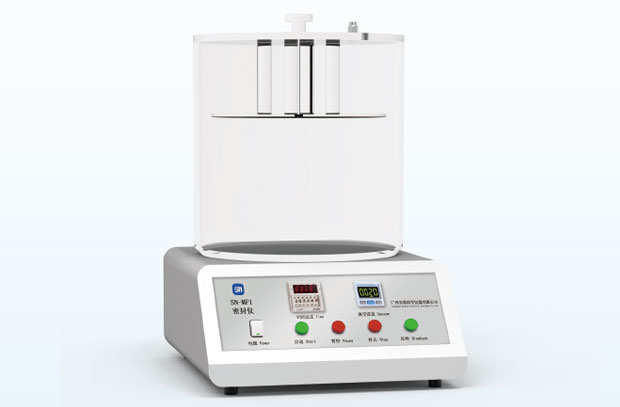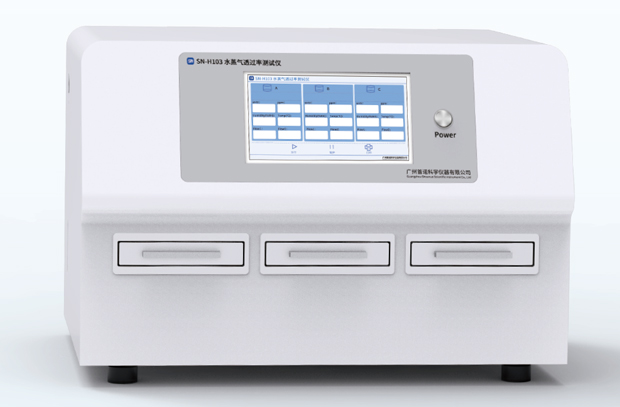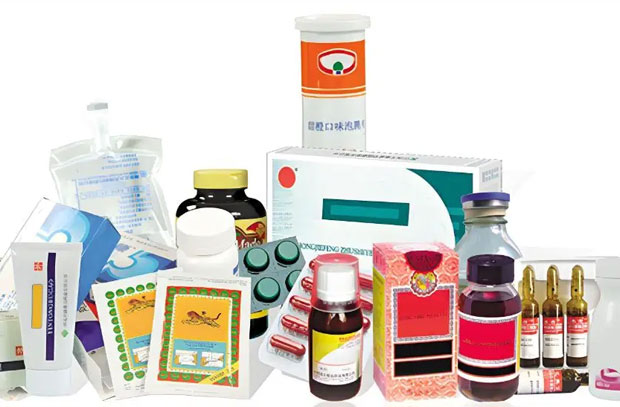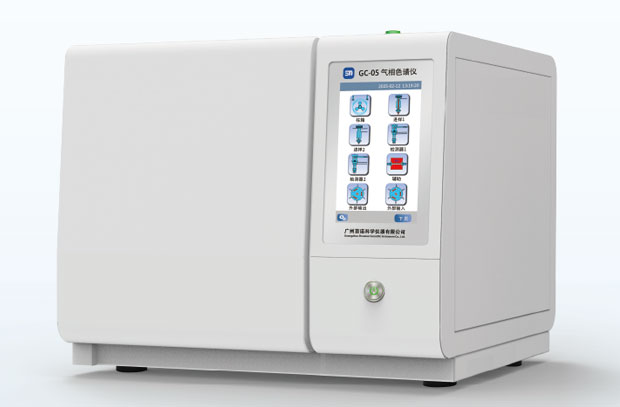In the fields of quality control and materials research and development, electronic tensile testing machines are an indispensable key piece of equipment. Many people inside and outside the industry are more accustomed to calling them "universal materials testing machines," a name that sounds very impressive and is not without reason. So, what kind of sophisticated tests can this equipment actually perform? Why does it have earned the reputation of being "universal"? As a senior tensile testing machine manufacturer , we will provide you with an in-depth analysis of the core functions and immense value of electronic tensile testing machines .
The diverse testing capabilities of electronic tensile testing machines
An electronic tensile testing machine , as its name suggests, has the fundamental and most important function of testing the tensile properties of materials. It uses a precision servo motor to drive a ball screw, applying a continuous and stable tensile force to the sample until it breaks. During this process, the machine's built-in high-precision sensors collect force and deformation data in real time, thereby accurately determining key parameters such as tensile strength, yield strength, breaking strength, elastic modulus, and elongation after fracture. These data are the most direct basis for evaluating whether a material meets design and usage requirements.
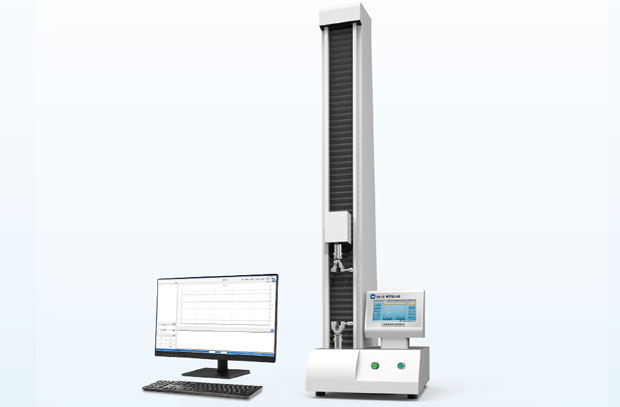
However, the capabilities of modern electronic tensile testing machines extend far beyond this. By changing different fixtures and accessories, a single main unit can perform a variety of complex mechanical tests. In addition to standard tensile tests, it can also perform compression tests to evaluate the compressive strength of materials such as foam and cement blocks; flexural tests to test the flexural strength and modulus of materials such as metal sheets, plastics, and fiberglass; and shear tests to determine the properties of materials under shear forces. Furthermore, peel tests (such as adhesive tapes and self-adhesive labels), tear tests (such as films, paper, and textiles), and puncture tests are also common applications. This "one machine, many uses" characteristic greatly expands the equipment's application range, enabling it to meet the testing needs of numerous industries, including plastics, rubber, metals, textiles, building materials, adhesives, and packaging materials.
The Origin and Connotation of the Title "Universal Materials Testing Machine"
The electronic tensile testing machine is hailed as a universal testing machine because of its "versatility" and "flexibility." This versatility doesn't mean it can perform all tests in the world, but rather that it possesses unparalleled adaptability in the field of static mechanical property testing. First, its testing force coverage is extremely wide, ranging from a few millinewtons to hundreds of kilonewtons. Whether it's extremely delicate biological fibers or hard metal components, a model with the corresponding range can be found for precise measurement. Second, as mentioned earlier, by configuring a wide variety of specialized fixtures—such as wire winding fixtures, film tensile fixtures, compression fixtures, three-point bending fixtures, etc.—a single main unit can easily switch between multiple testing modes.
More importantly, modern universal testing machines are typically equipped with advanced computer control systems and data analysis software. Users simply select the relevant testing standard (such as ASTM, ISO, GB, etc.) and set the parameters in the software, and the equipment can automatically complete the test and generate detailed reports, including curve analysis and data statistics. This highly intelligent and standardized operation enables it to simulate and evaluate the mechanical behavior of materials under complex working conditions, thereby providing scientific and authoritative data support for product design, process improvement, and quality acceptance. Therefore, the term "universal" accurately summarizes its wide applicability and powerful functional expandability in the field of materials testing.
The core role of electronic tensile testing machines in industrial production
Whether called an electronic tensile testing machine or a tensile testing instrument , it plays a crucial role in modern industrial systems. Its primary function is to inspect incoming raw materials, ensuring that every batch meets established specifications and standards, thus guaranteeing product quality from the source. Secondly, during the new product development phase, engineers rely on it to obtain precise mechanical parameters for new materials or formulations. This data forms the basis for structural design, strength verification, and lifespan prediction, effectively shortening the development cycle and reducing development risks.
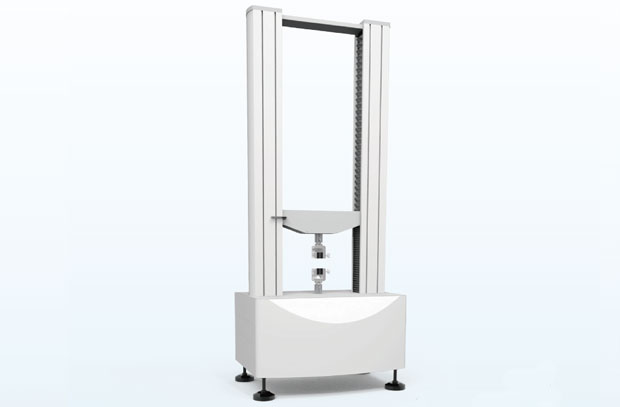
In production process control, regularly using electronic tensile testing machines to sample products on the production line allows for real-time monitoring of the stability of the production process, timely detection and correction of deviations, and prevention of batch quality problems. Finally, in product quality assessment and failure analysis, when products experience breakage or deformation, mechanical performance testing of faulty parts allows for accurate tracing of the root cause, providing crucial evidence for assigning responsibility, improving design, and refining processes. Therefore, investing in a high-quality tensile testing machine from a reliable manufacturer is not merely a simple cost expenditure for a company, but a strategic investment to enhance core competitiveness and maintain brand reputation.
In conclusion, the electronic tensile testing machine , with its powerful functional versatility and testing accuracy, rightfully earns the title of a universal materials testing machine . It is not only a testing tool in the laboratory, but also a solid bridge connecting product quality, R&D innovation, and market trust. For any company with stringent requirements for material performance, choosing a stable and reliable electronic tensile testing machine , and deeply understanding its application value, will be a crucial step in promoting the company's sustainable and healthy development.







